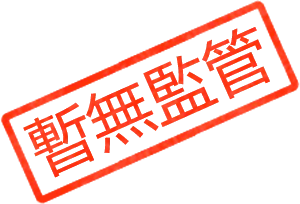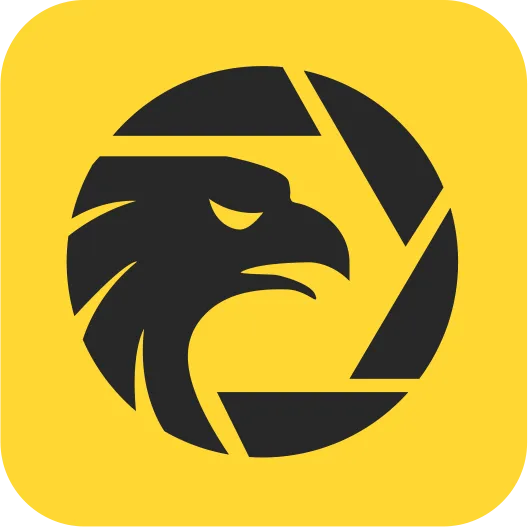
天眼評分
Pocket Trade
 馬來西亞 | 2-5年 |
馬來西亞 | 2-5年 |https://pocket-trade.com/home_en
官方網址
評分指數
影響力
影響力
C
影響力指數 NO.1
 菲律賓 3.44
菲律賓 3.44 聯繫方式
 外匯監管
外匯監管
暫無外匯交易類牌照,請注意風險!
- 該交易商當前暫無有效外匯監管,請注意風險!
基礎資訊
 馬來西亞
馬來西亞 瀏覽Pocket Trade 的用戶還瀏覽了..
IC Markets Global
EC markets
CPT Markets
官網鑒定
pocket-trade.com
137.116.171.226伺服器所在地香港
備案號--主要訪問國家/地區--功能變數名稱創建時間--網站名稱--所屬公司--
關係族譜



相關企業

Wiki問答

Could you break down the total trading costs involved for indices such as the US100 on Pocket Trade?

As an independent forex trader, when I evaluate any broker for trading indices like the US100, my first concern is transparency and regulatory reliability. With Pocket Trade, I noticed immediately that they do not hold a valid regulatory license and are flagged for high potential risk. This lack of oversight makes it difficult for me to trust any stated costs or classic pricing structures they might advertise. In my experience, unregulated brokers often do not publicly disclose the full breakdown of trading costs like spreads, commissions, and potential overnight fees. This uncertainty alone is a significant cost because it introduces risk you cannot hedge. On reputable, regulated platforms, I can usually review a clear fee schedule—fixed or variable spreads for indices, any per-lot commission, swap rates for positions held overnight, etc. With Pocket Trade, such detailed transparency wasn’t available, which increases the chance of encountering hidden or unfavorable charges. Even if initial spreads appear low, I’ve learned the hard way that actual trading costs can quickly mount when terms are not clearly published or independently verified. For me, that’s a deal-breaker, especially with sensitive instruments like the US100 where price movement can already be volatile. Ultimately, I’m very hesitant to commit funds to any trading environment lacking regulatory clarity, especially when cost details for major indices are not straightforward. In my trading career, protecting capital always outweighs chasing seemingly attractive but unverifiable terms.


How do Pocket Trade’s overnight financing (swap) fees stack up against those of other brokers?

Speaking from my experience as a forex trader, evaluating swap fees is essential, but with Pocket Trade, I faced bigger concerns before I could even seriously compare their overnight financing rates. Pocket Trade currently holds no valid regulatory license according to the research I conducted, and it carries several risk warnings, including a suspicious regulatory license and a high potential risk flag. For me, these are serious red flags, as a lack of trustworthy regulation undermines transparency in how fees, including swaps, are calculated and could be changed without proper oversight. While other brokers I’ve used, such as those regulated in Australia, disclose their swap rates clearly and have established channels for dispute resolution, Pocket Trade’s regulatory standing makes it difficult for me to trust any fee structure they promote. In my view, without verifiable regulation and with such a low safety score, comparing their swap fees to major, well-regulated brokers is almost beside the point. I always prioritize the protection of my funds and clear disclosure of trading costs, so for now, Pocket Trade simply doesn’t meet the minimum threshold I require—even before examining something as specific as swap fees.

Which documents are usually needed to process my initial withdrawal from Pocket Trade?

As someone who has navigated the withdrawal process with various brokers, including platforms with suspect regulation like Pocket Trade, I need to emphasize careful document preparation and cautious steps. Pocket Trade lists no valid regulatory oversight and is flagged for a suspicious license and high risk, which raises my personal concern about both the safety of my funds and the transparency of their processes. Typically, when I’ve made withdrawals from brokers with limited regulatory transparency, I’m asked to provide standard identity verification. This usually includes a government-issued photo ID (like a passport or driver’s license), proof of address (a recent utility bill or bank statement), and sometimes the same funding method documentation used for deposit (such as a card copy, with sensitive data obscured). In my experience, brokers with questionable regulatory status may require extra documentation or be inconsistent about requirements, often citing anti-money laundering rules. I always make sure all my documents match the details used when opening my account. Given the specific red flags and lack of trust signals with Pocket Trade, I would prepare all common documents but would also proceed with extra caution, keeping security and privacy in mind during the document submission and withdrawal process, and never risking more funds than I can afford to lose.


What are the primary advantages and disadvantages of using Pocket Trade for trading?

From my perspective as a seasoned forex trader, evaluating Pocket Trade, I have serious reservations about their overall trustworthiness and suitability for responsible trading. Most importantly, Pocket Trade lacks valid regulatory oversight. This factor alone is a major red flag for me, as regulation serves to protect traders’ funds, ensure a certain level of transparency, and provide recourse in case of disputes. In my experience, trading with unregulated brokers significantly increases counterparty risk and the possibility of unfair practices. Pocket Trade is based in Malaysia and has been operating for around two to five years. However, WikiFX flags both a “Suspicious Regulatory License” and a “Suspicious Scope of Business,” with an overall risk management score of zero out of ten. For me, such warnings are critical and reinforce the need for caution. Realistically, the lack of regulatory safeguards means that even if account opening or trading conditions seem appealing, I would personally avoid putting capital at risk here. While their business index is listed as moderately high, that does not compensate for regulatory uncertainty. When I weigh these factors, the disadvantages—particularly the absence of any credible licensing or investor protection—outweigh any perceived operational advantages. For traders prioritizing safety and trust, I would recommend considering regulated alternatives rather than Pocket Trade.



你要評價的內容
請輸入...








